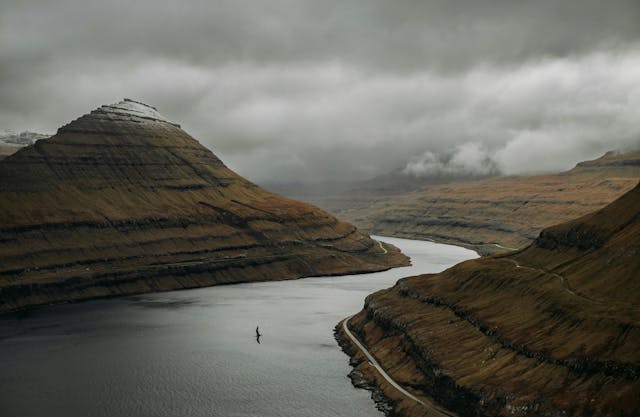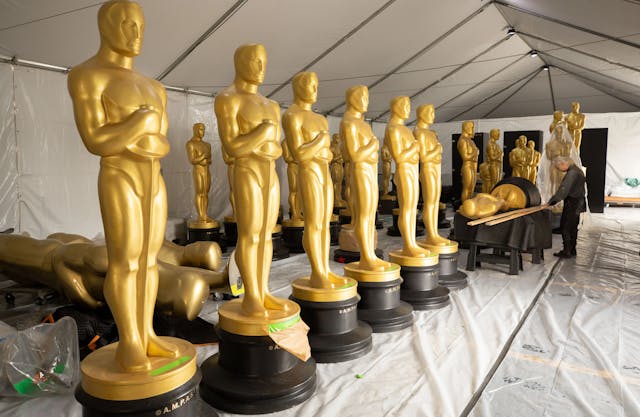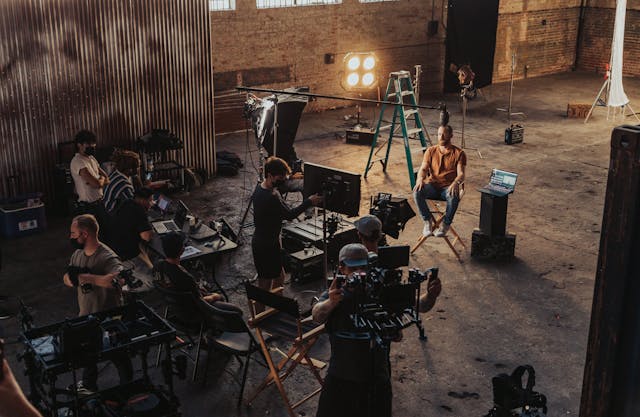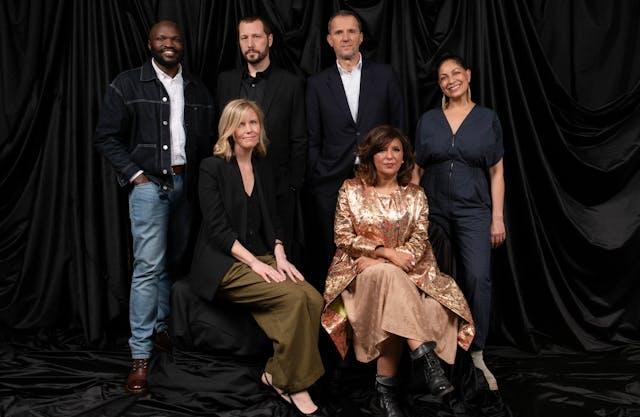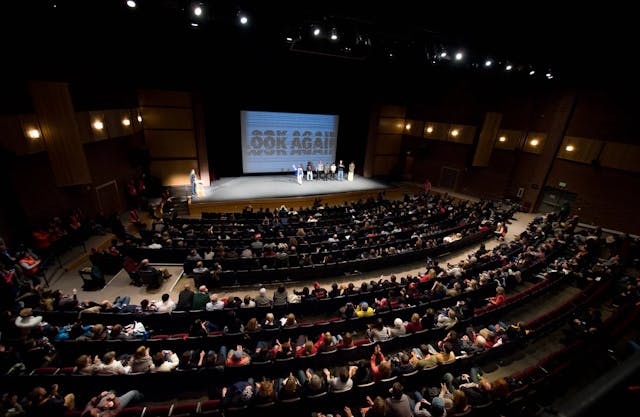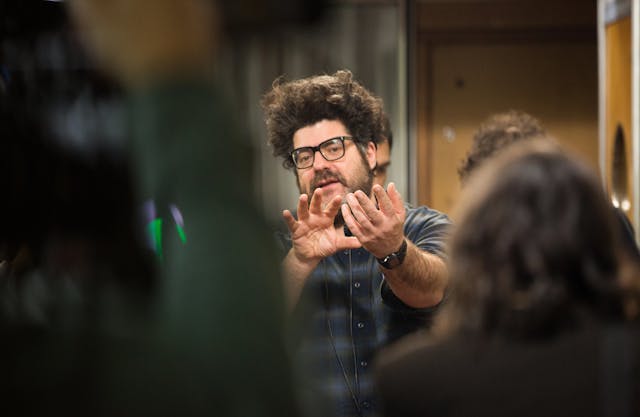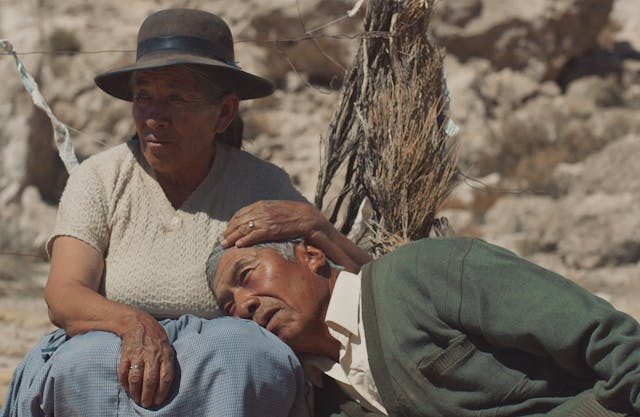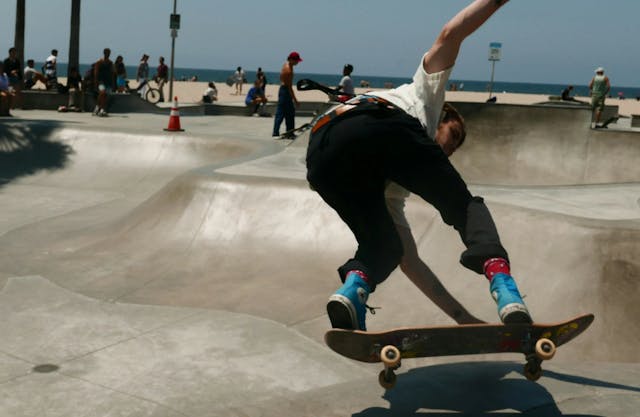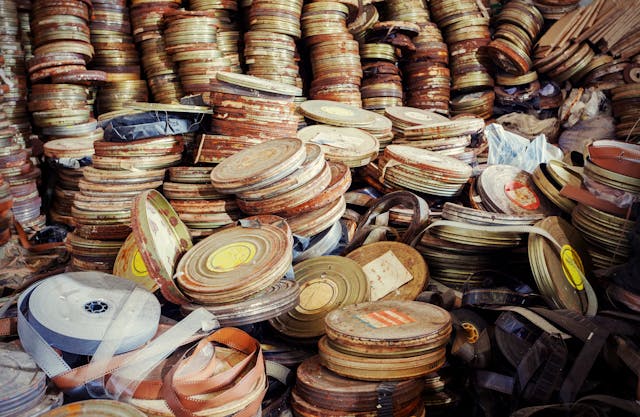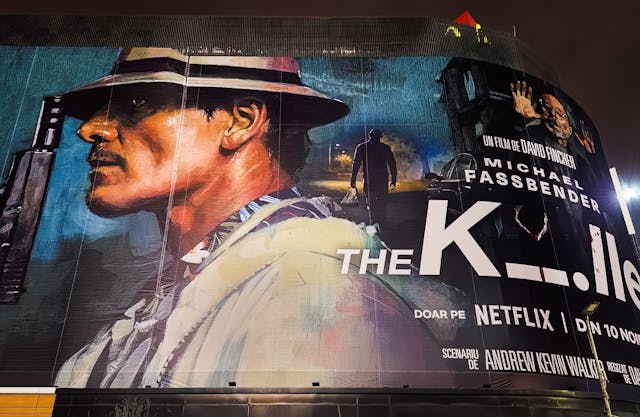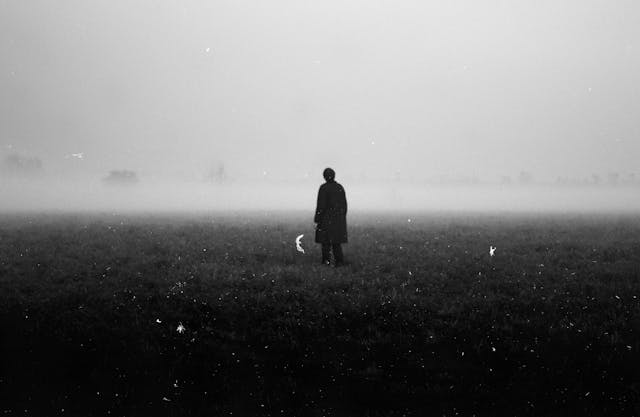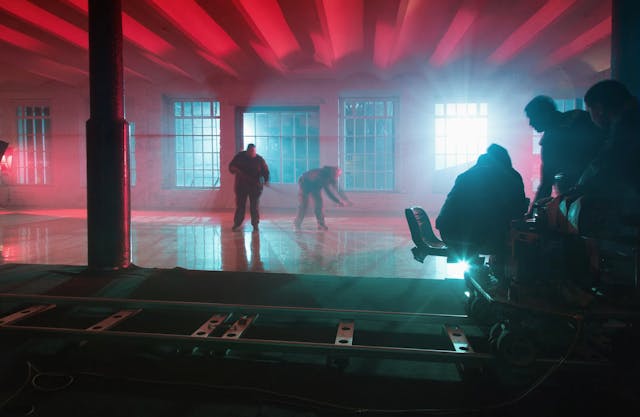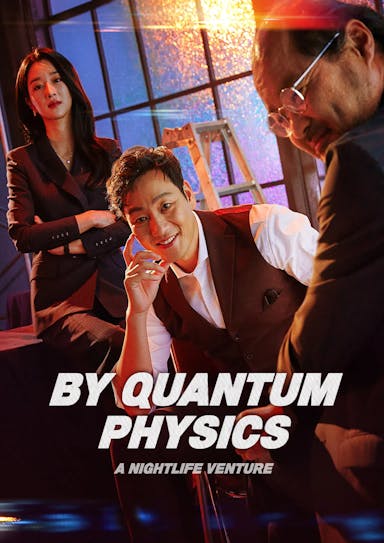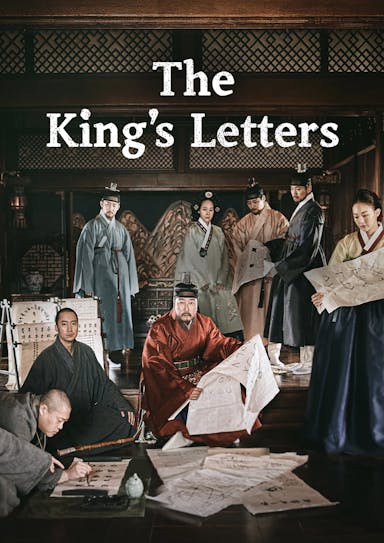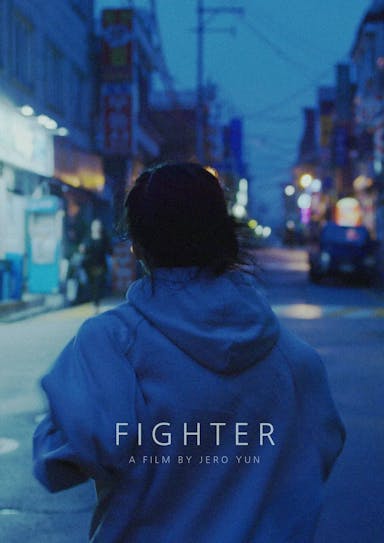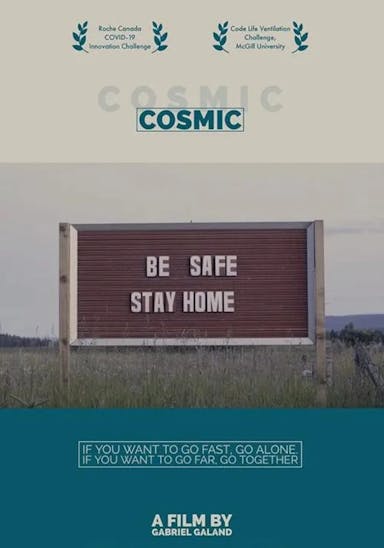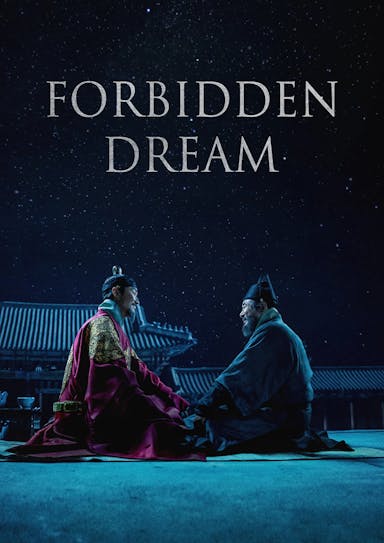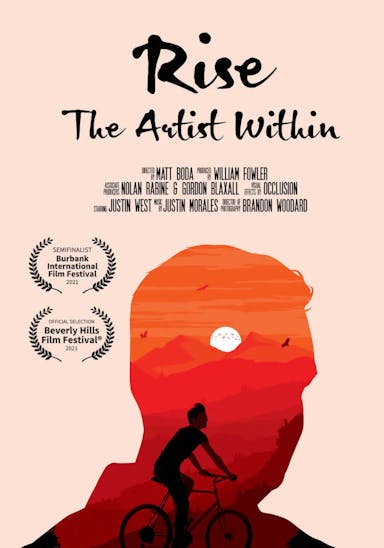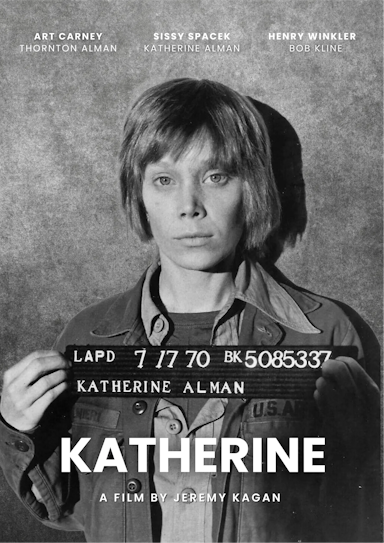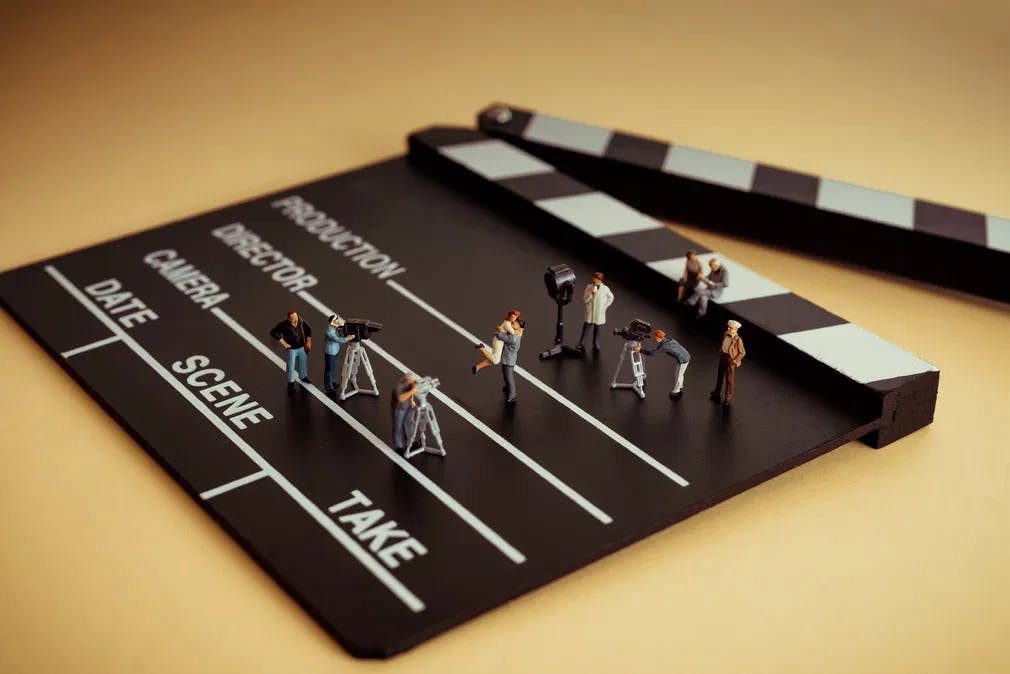
There is nothing like a socially conscious documentary to make you feel like a good human being without having to get off your couch. No, wait, don't get offended. We kid because we care. Like any self-respecting movie buff, we appreciate filmmakers who tackle the most pressing issues of our time from unexpected angles, opening our eyes to how the world works. While they are at it, they provide us with engrossing narratives that, more often than not, are better than your middle-of-the-road multiplex studio offering. Art House cinemas seem to program fewer documentaries every day, even if they have a good run at film festivals. It's a dire state of affairs for the genre that brought cinema to life. What are the Lumiere brothers' "Workers Leaving the Factory" and "Arrival of a Train to the Station" if not documentaries?
The Workers Cup
Soccer is the most popular sport in the world. Congratulations to America for catching up! - but it's hard to contemplate how FIFA, the top organization that promotes it, is riddled with scandal and corruption. Case in point: the 2015 corruption case marked by an indictment made by investigations executed by the FBI and the IRS. The crimes were wire fraud, racketeering, and money laundering. High-ranking FIFA reps from several countries pleaded guilty. Then, there are the questionable processes by which countries with fat wallets and political agendas end up favored with host designation for the event. Both the 2018 World Cup in Russia and the 2022 in Qatar were plagued by accusations of bribery tipping the scales in favor of those countries' bids to host the event.
A more insidious form of corruption is the exploitation of immigrant workers in the construction of stadiums and housing to accommodate the influx of visitors from all over the world. According to British newspaper The Guardian, at least 6500 workers from India, Pakistan, Nepal, and Sri Lanka died in Qatar while laboring under perilous circumstances.
You will not see a tragedy of that magnitude in Adam Sobel's hard-hitting documentary, but there's plenty to make your blood boil. The movie drops you in the middle of a labor camp in Qatar. You are embedded in the day-to-day lives of a group of men from African and Asian countries working for GCC, one of the independent contractors building the venues in the scalding Qatari desert. Our main guy on the ground is Kenneth, a 20-year-old from Ghana recruited by a man who tricked him into signing by dangling the false promise that professional clubs would scout for talent among the workers.
Yeah, that was a lie. Stuck in Qatar without a passport - it's common practice that employers take them away from the employees for the duration of their contract - Kenneth and his mates find a welcome distraction in the Workers Cup. The Supreme Committee of the 2022 World Cup - I love that self-aggrandizing name - and the construction companies engaged in preparations organize a tournament to entertain exploited men in their downtime. A white-collar GCC accountant calculates the company will spend a little over $27,000 for a lot of good PR. It's a steal.
The men throw themselves heart and soul into the tournament. The sports documentary dynamics are peppered with facts about working conditions displayed with onscreen text. "The Workers Cup" is an inspiring real-life story and sobering reckoning with the underside of this particular manifestation of the spectacle industry. Plenty of sports hide in plain sight troubling undercurrents: brain injuries in football, the pummeling of bodies in boxing. We must ignore the suffering of others to enjoy the fun. It's a dreadful affair. Before you start to feel superior to sports fans, remember that every entertainment industry is plagued by troubling practices, even our beloved film. Crew members suffer vehicular accidents after long hours on the set. Animators complain about working conditions. The latest high-profile case was the blockbuster "Spider-Man: Across the Spiderverse" (2023). So, take this sobering documentary as a call to pay closer attention to the price others pay for our fun.
"The Workers Cup" was Nominated for the Grand Jury Prize World Cinema Documentary at the Sundance Film Festival, an Emmy in the Outstanding Business and Economic Documentary, and several other awards.
Monobloc
I was not expecting a documentary on the ubiquitous plastic chair to work as a prism through which the asymmetries of the modern world come into focus, but that's just what "Monobloc" does. German director Hauke Wendler sets out to register the story of the unassuming furniture present worldwide. In occasional short travelogue segments, you see the full diversity of humanity enjoying the relative comforts of the seat in varied environments. Part of the fun comes in scanning the image for clues to where on the planet the images were shot.
The filmmaker takes many resources from participative TV and documentaries to enliven the proceedings. He goes meta, calling attention to the artificiality of film production, showing us the technicians and equipment off the frame, as his team produces an introductory sequence complete with fake rain and a witty title card, spelling out the movie title with chairs arranged on a beach. In classic documentary fashion, he sets out to track the historical origins of the subject, traveling to Italy to visit the first factory that produced the chair in industrial quantities. Archive material introduces us to the actual inventor of the monobloc chair, a French designer who tragically failed to copyright his work - tragically for his balance sheet, that is.
Curators at the Vitra Design Museum vouch for the respectability of the Monobloc chair, but the appreciation ends outside the rarified circles of design savants. Wendler sets up a makeshift studio inside a truck and corrals normal citizens passing a busy Berlin thoroughfare to grill them about their opinions about the chair while sitting down in the famous white seat. Almost all the interviewees are dismissive, if not outright hostile, to the humble piece of furniture. Some go as far as demanding the prohibition of its manufacturing. That's how much it offends them.
The vitriol allows Hauke to find a focus beyond the expected angles of history and aesthetics. He flies to Uganda to record the impact of a foundation that distributes free Monobloc-based wheelchairs to thousands of needy people. We measure the life-changing effects through the testimony of Anne Nnabulime, a grandmother who suddenly lost leg movement. Then, he tracks down the inventor, Don Schoendorfer, a retired California mechanical engineer, who now dedicated his retirement to improving the design and spreading it worldwide. He breaks down in tears when he shows the picture of a man in Vietnam who, after decades of being carried around in his brother's arms, recuperated freedom of movement thanks to the monobloc wheelchair.
In India, the film crew shadows Sanjeev Jain, an executive at Supreme Industries, the country's largest manufacturer of monobloc plastic chairs. He explains how the cheapness of the piece of furniture brought a cultural change in a country where the largest segment of the population was so poor they could not afford a seat. The tour closes in Brazil, where a makeshift recycling operation is discovered through the experience of Maria Hilda de Andrade, an elderly former housemaid who now scourges the streets looking for old plastic. One of the Germans interviewed vehemently decried the environmental impact of the chai and denied its recycling quality.
Huake is cheeky, making his movie a virtual refusal to the prejudices of his fellow German citizens, safely cuddled in the lap of development. I imagine American audiences would not answer too differently. Once we can pay more, we all leave the poor chunk of white plastic behind. For most of the world, it's not a stepping stone toward better homeware. It's the royal seat.
Big Men
If the "Monobloc" turns out to be an icon of benign globalization, oil is the exact opposite. Rachel Boyton's "Big Men" follows the complicated story behind the exploitation of the first commercial oil field in Ghana for years.
U.S.-based company Kosmos Energy gets a lead on a license with the help of local entrepreneur George Owusu. The American suits get on to the task of raising private equity to establish the oil rig and begin exploring the undersea wells, but it's an enterprise fraught with risk. Gregarious COO Jim Musselman goes to the African nation to glad-hand the king and the president, while courting Wall Street players Blackstone Capital Partners and Warburg Pincus for investment capital. It all starts like a frictionless tale of happy capitalism: the Masters of the Universe bring development to poor nations and make a pretty penny in the process.
Director Rachel Boynton pierces the bubble soon enough. Nearby Nigeria offers a cautionary tale. In five decades of oil exploitation, more than $400 billion was mismanaged, and the country turned into one of the most corrupt in the world. She brings her camera to the Niger Delta to spend time with a militant group called the Deadly Underdogs. It's one of many armed irregular groups who set out to get their share of the wealth in any way they can. Is this the future of Ghana?
Boynton considers this question as she records the ups and downs of the development process. Presidents change, executives play musical chairs, and ambitious moneymen rise, fall, and rise again. In local parlance, they are all the "Big Men" of the title, people who achieve importance by accumulating riches and power. Through it all, human rights advocates and journalists observe from the sideline, worried about the outcome. Somehow, the bonanza promised by projects like this, more often than not, fails to fulfill its promises for the common man.
"Big Men" does a great job of contemplating the cross-cultural contradictions that make this situation impossible to solve satisfactorily for all parties. Safely seated in the comfort of his Texas ranch, Musselman decries the model of state-owned companies exploiting the resource. Like a good Texan, he believes private citizens are better at it and less prone to corruption. And yet, when a Norwegian politician exalts his country's model and manifests the necessity of higher taxes to ensure enough resources benefit the citizens who own the natural riches, he almost throws a hissy fit.
Still, Boyton is too smart to paint the characters in the simple roles of villains and heroes, devils or saints. Everyone is trying their best to improve their lives. It's just that they come from such dramatically different realities that no equilibrium is possible. All these irreconcilable positions will push and pull until the money settles down. Only time can tell if Ghana will follow in Nigeria's footsteps. Still, something is clear from the text that closes the movie, revealing the wide berth between the spoils of the American investors and the amount left for the African country: the system is not designed to alleviate the asymmetries in our world, but to deepen. Injustice, like a broken pipeline set on fire by oil thieves, keeps burning.
"Big Men" was nominated for 3 News & Documentary Emmy Awards, including Best Documentary and Outstanding Business and Economy Reporting - Long Form. It was also nominated for the Critics Week Award at the Locarno International Film Festival.
Want to get an email when we publish new content?
Subscribe today